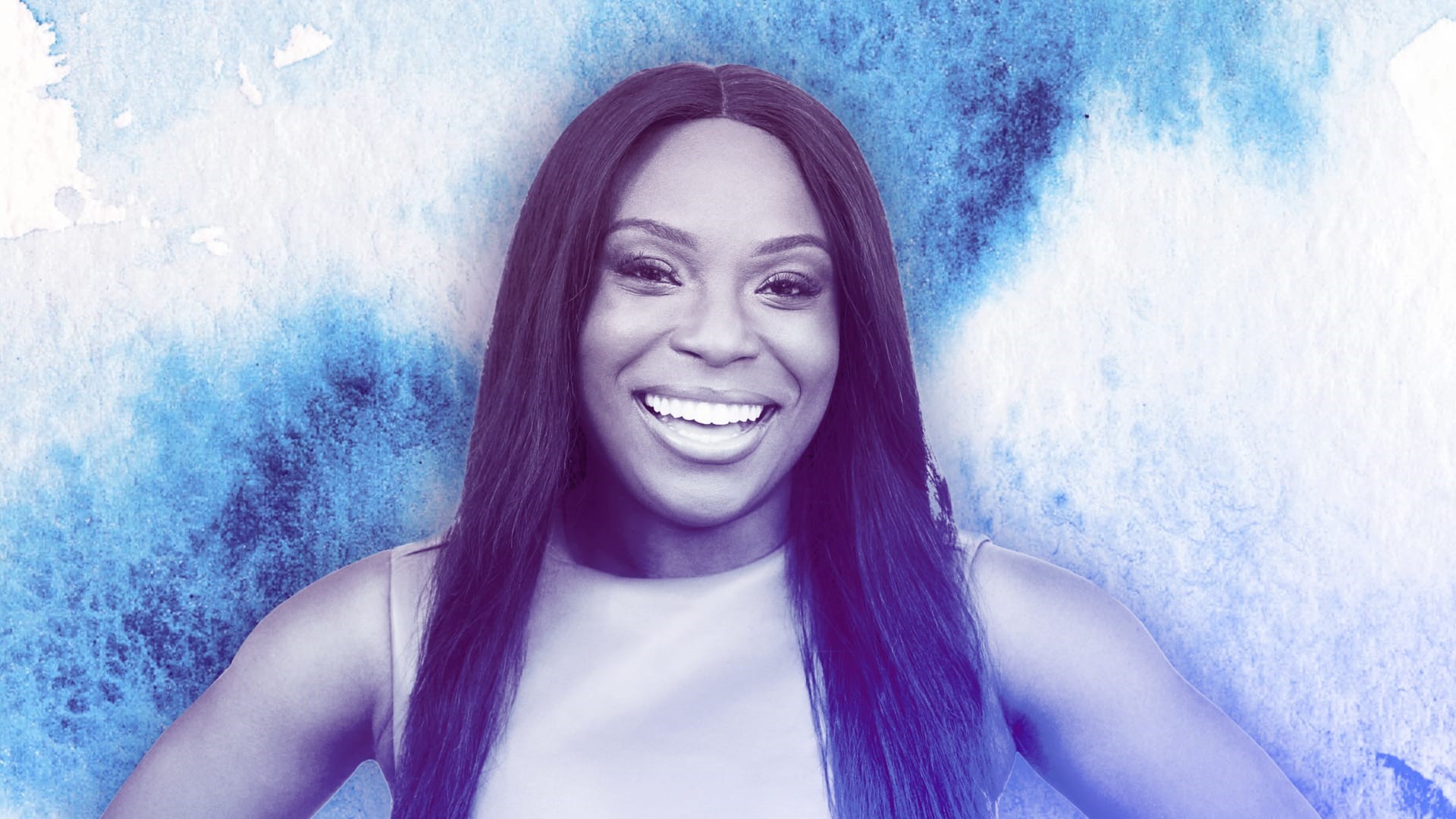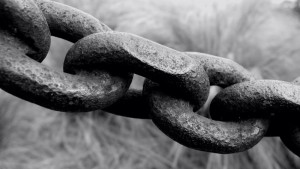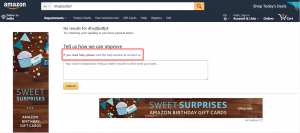Autodesk’s Dara Treseder on the rise of the ‘intention economy’
Treseder talks Cannes Lions and AI in advertising on the latest episode of the ‘Rapid Response’ podcast.
When Elon Musk, Karlie Kloss, Travis Kelce, and a who’s-who of media, branding, and tech execs all converge, there’s plenty of buzz. From the Cannes Lions festival in the south of France, Autodesk’s Dara Treseder talks about the key themes, lessons, and intrigue that emerged. She explains why AI and women’s sports dominated much of the conversation, how the attention economy is giving way to the ‘intention economy’, and why influencers don’t want you calling them “influencers” anymore.
This is an abridged transcript of an interview from Rapid Response, hosted by the former editor-in-chief of Fast Company Bob Safian. From the team behind the Masters of Scale podcast, Rapid Response features candid conversations with today’s top business leaders navigating real-time challenges. Subscribe to Rapid Response wherever you get your podcasts to ensure you never miss an episode.
A Cannes Lions Primer
You’re coming to us from the South of France—the iconic Riviera resort town of Cannes. And each year at this time, thousands of business executives converge for the Cannes Lions Festival of Creativity.
Absolutely. It’s been quite an impactful Cannes this year.
Can you explain to those who may be unfamiliar what Cannes Lions is, why people come, and maybe why you’re there this year?
Cannes Lions is the premier event for marketers, advertisers, media professionals, and brands. Everyone’s here. A part of why we’re here is actually because a lot of our customers are here. A lot of the ads and campaigns that are winning Cannes Lions awards this year were designed and made with Autodesk software.
Headlines from Cannes Lions 2024
One of the lessons I always try to glean from Cannes is sort of where the industry is moving. Is there anything new that’s jumped out to you this year?
NVIDIA executives are here this year. So we are seeing that technology companies are continuing to be a dominant force at this festival.
What is interesting this year and a little different—Stagwell, the holding company of a bunch of media agencies, they have a really big sports beach. Women’s sports have really been having a movement. Deep Blue did an activation with Axios celebrating the accomplishments that women are having. This is such a unique time where the audience is there for women’s sports, right? If you are a media or advertising executive, the way you’re looking at women’s sports is different than how you were looking at it a few years ago. So that is one of the big changes that we’re seeing on La Croisette this year.
One of the things the organizers did differently this year is there’s a creators’ track at Cannes. I mean, creators have been coming to Cannes for years. Does this mean that that the creator economy has a different place now, the way brands strategize about where the puck is headed? Or is this acknowledging where the puck already is?
I think it’s acknowledging where the puck already is. But it’s also signaling an evolution in the strategy. So it’s been interesting because this year I haven’t really heard people talk about influencers. I’ve heard people talk about creators, and it’s because a lot of the creators are saying, “I’m not an influencer. I’m a creator. I’m a content creator.” And so the dynamics between brands and these creators has evolved. Gone are the days where brands decide what you’re going to say and you just post it. Now, brands come to you with the problem they’re trying to address. You actually help shape what that strategy is, and you partner in the creation of that content. And so I think part of what you’re seeing with that creator track is the acknowledgement of the power dynamics and the shift that’s happening between brand and creators.
The other side of Cannes is that there are also these very exclusive gatherings. There are parties and dinners that everyone’s trying to get into. Where’s the place that people wanted to be this year?
MediaLink had their wonderful event that they have been hosting every year. Lenny Kravitz was there. It was an exceptional event. You get to meet and interact with so many wonderful people. I ran into my friend, Kelly Campbell, the CEO of Peacock. And then Delta hosted a wonderful lunch—Karlie Kloss, a friend of mine was there. She was speaking and sharing insights. I think what is powerful and beautiful about this is not so much who gets invited to what, but more, how do we all come together as a community to celebrate the culture, celebrate creativity, and build relationships that last for decades.

The ad world tackles AI
Now, there are official panels at the Palais and then there are other stages everywhere at the beaches, at the hotels. From here, some of the biggest buzz that’s coming back is about Elon Musk trying to woo advertisers back to X after dropping the F bomb on them. Is that what people there are talking about or is that just what’s coming back here?
I mean, if Elon does something, it’s going to be talked about, right? So it’s certainly one of the things being talked about, but actually I would say if there was a winner here this year at Cannes, it was AI. Everyone is talking about—how can I maximize the opportunity with AI? How can I make sure that I do not get left behind? Last year AI was certainly a buzzword. But this year, leaders have arrived with concrete examples of how their teams are implementing AI into the work that they do. At Autodesk, we surveyed all of the different industries that we serve, and we found that nearly half of employers are saying the top skill they’re hiring for over the next three years is the ability to work with AI, and I saw that at play at Cannes.
What is the balance between the excitement about AI and fear?
So I think that things are starting to really shift away from fear and the Panic Zone and into what I would call the “Learning Zone.” People are realizing it’s not about AI taking my job, but it’s about someone using AI taking my job. So how do I make sure that I’m proficient? How do I make sure that I understand how to utilize this new technology? So we are seeing that shift from fear to trust now. Is the shift complete? No. We’re very much in the eye of the storm.
Key takeaways from the festival
So you’re flying back tomorrow morning, back to the regular grind of being at the office. What are the lessons that you’re taking back with you this year? Or are there things you’ll double down on because of what you’ve heard?
I’m going to continue doubling down on creative effectiveness. This year was interesting. 2016 was the year that Cannes saw the most awards submissions. In 2024, award submissions were down 38% to 2016. That is happening because things have evolved. It’s no longer about creative for the sake of creative. The creative has to work, the creative has to drive results. If you’re not getting results, you’re not winning awards. That has always been my mantra—show me the ROMI: show me the Return On Marketing Investment.
There was a point where everything was about creativity and no one really followed what was happening with the outcome. And then it flipped to: tweak the technological levers, and use the right data and you can get the result. And it almost seemed like the creativity didn’t matter. And what I’m hearing you say is we’re finally realizing you’ve got to pull these two things together to really get the bang out of it.
The art and the science have to come together. The magic happens at the intersection of both. One of the ads that I thought checked a lot of the boxes was Orange’s women’s gender bias in football ad. That ad won the Entertainment for Sport Grand Prix. And it was amazing because it was ownable, right? It was memorable, and it was relevant. So that’s great creative that drove amazing results. And they had a clear story arc, and storytelling matters. At the end of the day, one of the things I think is most beautiful about life is the story. Marketing goes back to our roots, telling compelling stories. That’s how we become a trusted partner to our customers. As opposed to just trying to interrupt them with a variety of ads. We’re getting back to basics and technology is helping us do that in more innovative ways than we’ve done before.
ABOUT THE AUTHOR
(5)
Report Post







